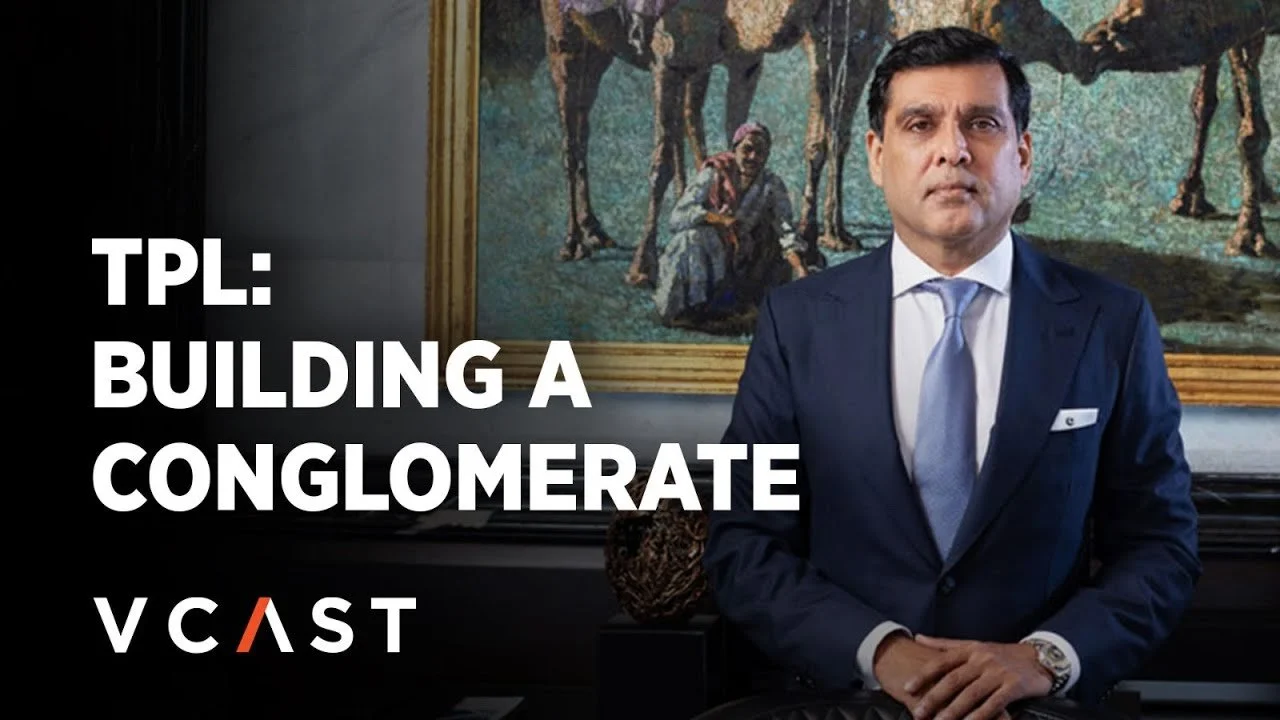How Sultana Siddiqui came into the media
“Anything that has my name attached to it should be good,” says Sultana Siddiqui—President of HUM Network Limited—as she reflects on her commitment to quality storytelling.
In this interview, she speaks about her journey from starting as a director-producer at PTV to becoming the first woman in South Asia to establish a television station (in 2004).
Sultana Siddiqui highlights the significance of having support from her parents and brothers, especially in a society dominated by men. In her household, education held equal importance for both girls and boys. Her sister was already a doctor, so their mother expected Siddiqui to follow suit, but she was inspired by her brothers’ path and wanted to pursue CSS.
She shares that after seven years of marriage, her life took a turn she had not expected and circumstances led to her separation from her husband. For some time, she still thought they may reconcile. In this period of uncertainty, she came across an opening for a director-producer at PTV. She was hesitant at first, but her passion for creativity and storytelling encouraged her to apply. Taking the test for the job marked the beginning of her journey in the media. With steady determination, she advanced in the field and soon found a sense of belonging that affirmed her choice. She recalls the conflict between her responsibilities and dreams, but a voice within urged her to return to work and do something meaningful.
She initially worked on regional programs—short productions where the story was developed and completed by 5 PM. The timing suited her well, helping her maintain a balance between professional duties and motherhood. As her children grew, she shifted to Urdu-language content. Among her favorites is Rung Barung, a musical show for children. When Siddiqui first started directing, her youngest, Duraid Qureshi, was just a toddler. Today, he carries her legacy forward as the CEO of HUM Network.
Her career soon expanded beyond PTV. She worked with musical legends like Junoon, Jupiter, and Nazia Hassan. She recalls introducing Abida Parveen as well: after listening to her soulful Sindhi songs, Siddiqui invited Parveen to perform in Urdu. Parveen hesitated at first, unsure of singing in a new language, and unaware of how loved she would eventually become. Siddiqui also collaborated with Tina Sani on multiple projects.
By the time Siddiqui began producing dramas, her son was already in college. Her first drama was Marvi, a groundbreaking production that set the tone for her future work. As her career evolved, so did her confidence in storytelling and leadership. She credits her journey to hard work as well as luck.
In 2021, she was awarded the prestigious Sitara-e-Imtiaz for her contributions to the arts, and she continues to lead HUM Network Limited. Her story stands as a powerful reminder of resilience and the possibilities that emerge when passion meets purpose.
What is your biggest takeaway from her interview? Let us know in the comments!
This article was developed with the assistance of AI tools.




